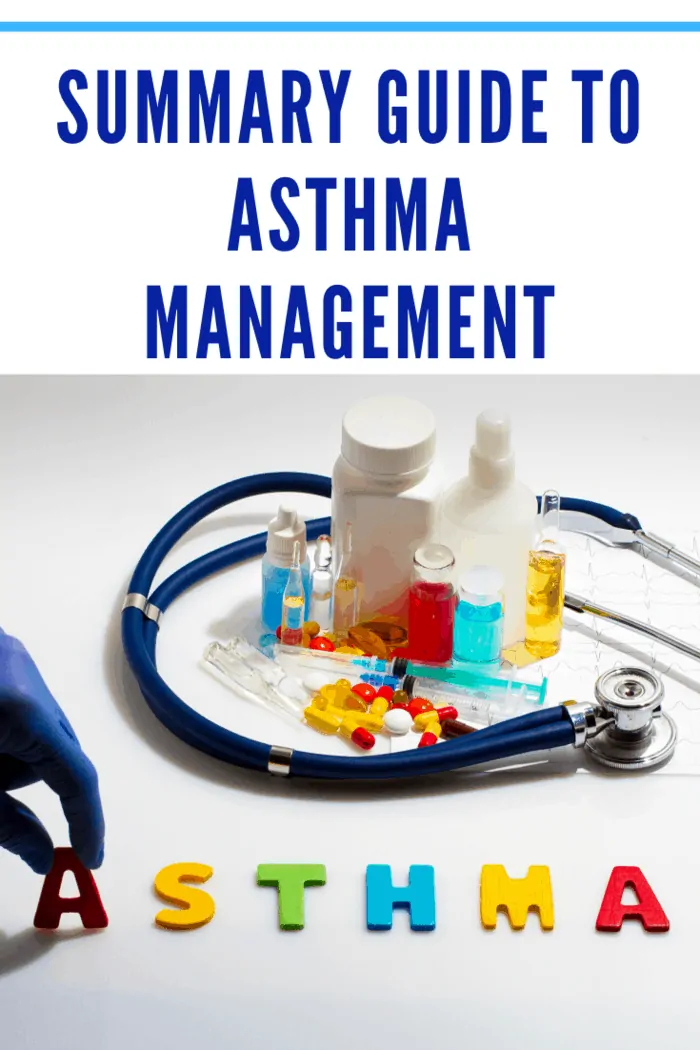Asthma
Asthma is a respiratory disease that affects the pathways that take air to the lungs.
When the paths get infected, they develop swelling and produce a lot of mucus as a reaction to the infection. The action of swelling and the body’s response to the disease by providing mucous obstruct the airways.
When the airways get blocked, the air passage is prevented, and a person experiences difficulty breathing. Asthma has no cure, but the doctor’s medicines help control its effects. CBD for Asthma is often prescribed for preventing asthma attacks.

Who is Vulnerable?
Asthma attacks children first due to their weak immune systems as well as their reaction to the environment.
Some people have allergies to specific situations and climates, such as cold weather, smoke, and pollen. It also affects smokers over their continued use of the drug.
People living with or surrounded by smokers tend to develop Asthma due to inhaling smoke.
Our environment also dictates our vulnerability to Asthma. Some occupations expose people to smoke or dust particles, such as construction and mine workers.
Obese people also have a higher risk of getting Asthma due to obstruction of the airways. If you qualify for any risk factors, you should visit a doctor for an evaluation and advice on preventing or controlling the disease.

Causes of Asthma
Asthma results from clogging of the airways due to constriction of the vessels, the development of excess mucus, and causing difficulty in breathing.
The onset of an asthma attack begins with tightness of the chest, difficulty breathing, and shortness of breath.
You may also experience a persistent cough and may need immediate medical attention. If your inhaler does not work and your shortness of breath persists to the point you can’t walk, then you need to get immediate medical attention.

When to Get an Evaluation
Asthma symptoms remain subtle and may be hard to trace.
That is why you should always go for medical check-ups at least twice a year. Early warning signs of the disease include consistent cough during the night, low energy, difficulty sleeping, and shortness of breath.
If you experience such symptoms consistently, visit a doctor for evaluation.
An evaluation for Asthma involves measuring your inhalation and exhalation rate, referred to as spirometry measures. The test shows your current metrics measured against the prescribed asthma-free metric.
The doctor can then evaluate the severity of your condition based on the discrepancy noted.
Other tests try to determine whether you have an allergy to the allergens that cause Asthma. Common allergens include pets, cold weather, exercise, air pollution, smoke, and chemicals.

How to Control Asthma
Asthma control entails taking medication for the disease, such as an inhaler.
It also involves staying away from allergens such as avoiding pets, working in a safe environment free from dust and chemicals, keeping warm from cold weather, and avoiding intense exercises that may negatively affect you.
The best control for the disease is always to stay aware of your environment and note any trigger, especially when you get to a new environment. Always have an identification that tells those around you that you have Asthma so that they may take immediate action in case of a severe Asthma attack.
